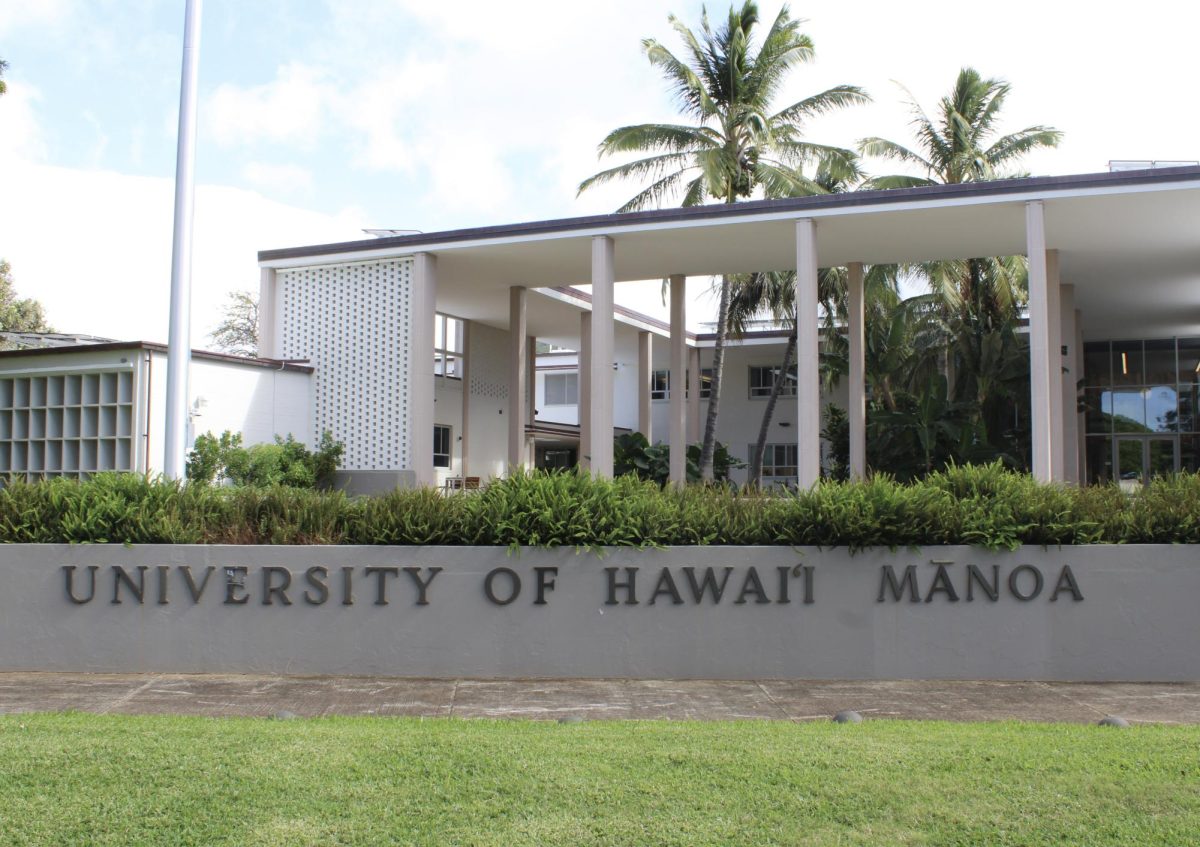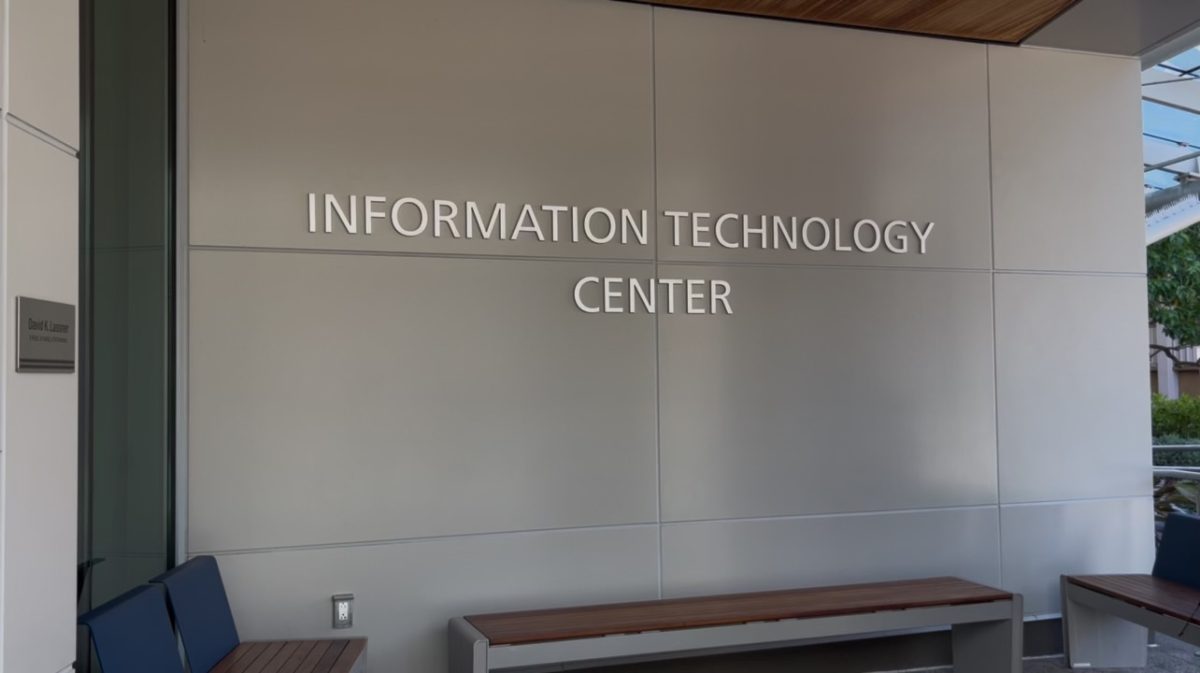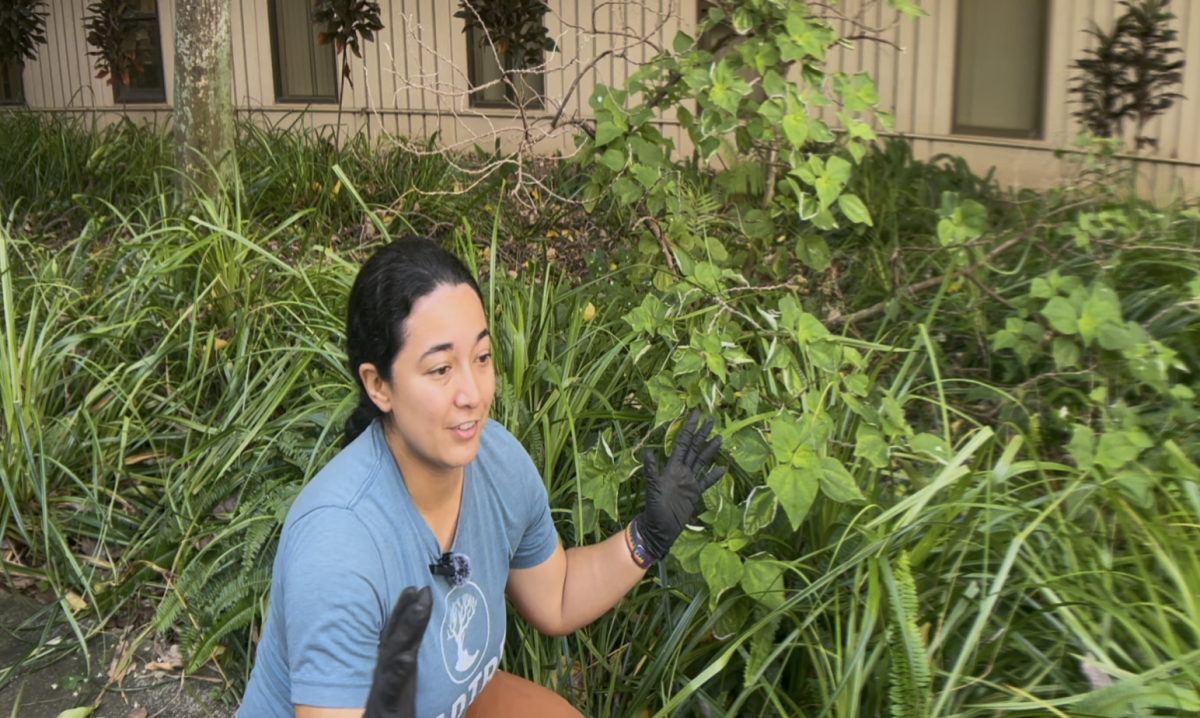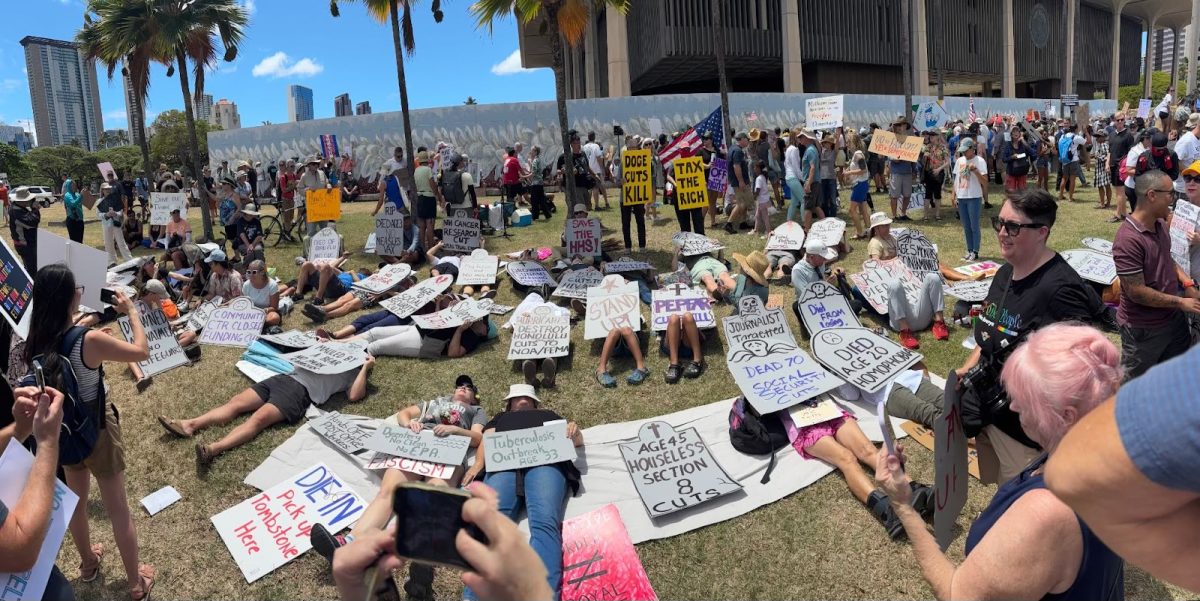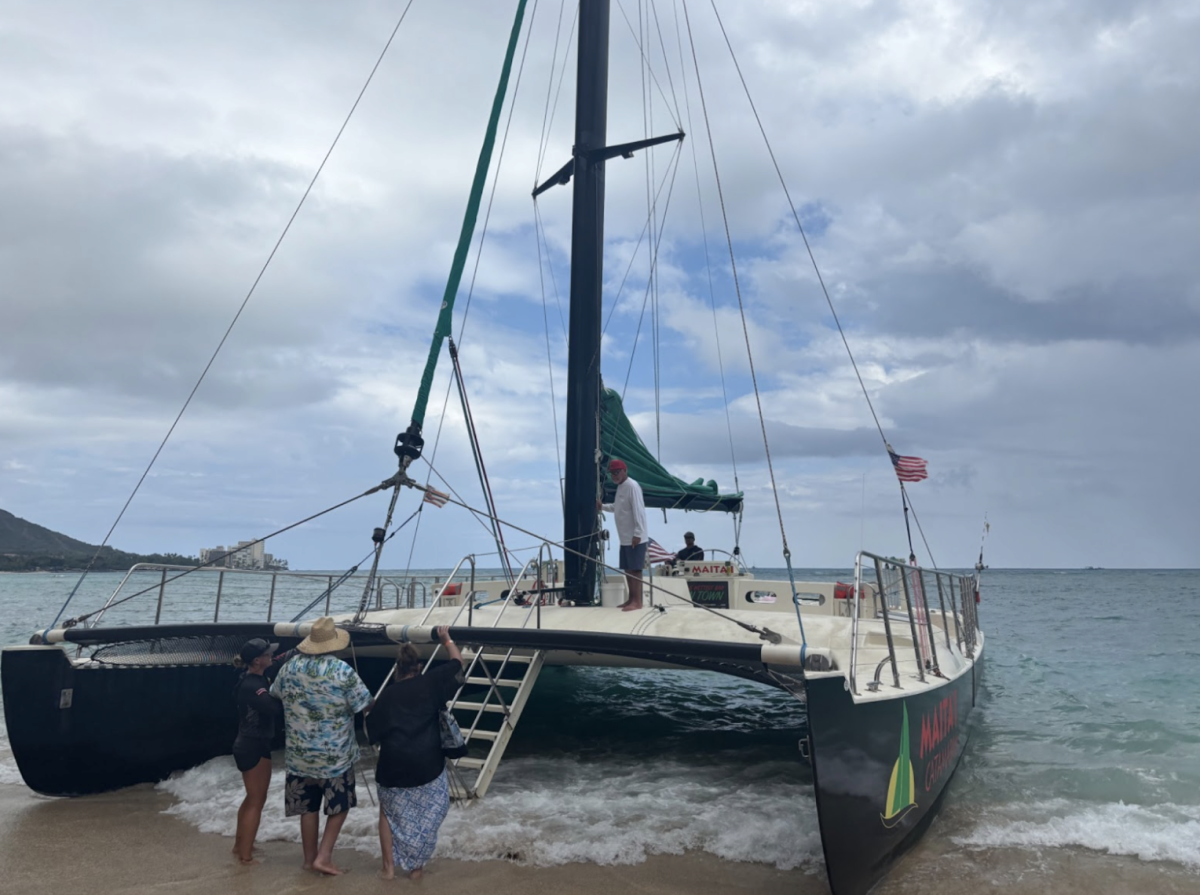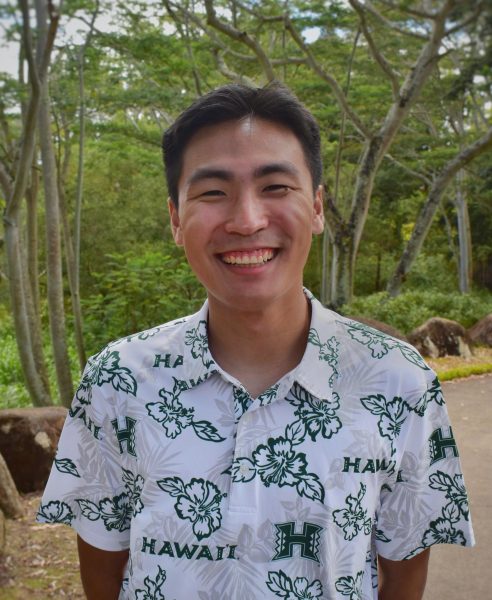UH Mānoa’s student government faces concerns over accessibility by not consistently making agendas and other information available.
This is largely because the organization is not required to follow the state’s Sunshine Law, which mandates certain transparency policies to state and local public boards and commissions.
In 1985, the state Attorney General’s office found that Associated Students of the University of Hawai’i (ASUH) is not a state or local board, agency, or commission because it “is not empowered to take official action on behalf of the state or its political subdivisions,” therefore the law does not apply.
The student government organization passes bills and resolutions relating to student affairs and provides funding for scholarships, Registered Independent Organizations (RIOs), and other campus support services.
To meet their responsibilities, ASUH operates under an annual budget, which the ASUH Senate is required to approve every fiscal year. In recent years, the budget has been over $500,000, funded by UH Mānoa student fees and stadium stock dividends.
Accessibility to ASUH information has been a recurring challenge. In 2020, Ka Leo, the UH Mānoa student-run newspaper, published an article about concerns over transparency at ASUH. In the article, the then ASUH president, Donovan Albano, addressed the effort to publish missing recorded meeting minutes and said ASUH would work to update their website.
“With that kind of budget, that certainly calls for greater transparency,” said Ben Creps, a staff attorney from the Public First Law Center, a law group that promotes government transparency. “Any time youʻve got the expenditure of public funds, you should have a measure of transparency.”
ASUH officials declined an interview without first seeing interview questions, which they stated is an internal policy.
ASUH recently began posting its meeting agendas and records online, but until the end of February of this year, they had few records of their meetings for the 2024-2025 school year. Meeting agendas are also not posted in advance of meetings.
ASUH was formed in 1912 and is made up of an executive team that includes the president, vice president, treasurer, secretary, four at-large senators, as well as 30 senators representing individual academic departments. A faculty member also assists ASUH in its operations.
The president, vice president, treasurer, secretary and four at-large senators are elected by the general UH Mānoa student body. The 30 other senators are elected by the student body of each academic department the senator is running to represent. All members of ASUH serve a one year term after being elected.
Like the State Legislature, ASUH passes bills and resolutions on student affairs and other UH issues. They are also tasked with writing an annual budget, used to fund campus support services, student organizations and scholarships.
The Senate passed its most recent budget on January 25, for fiscal year 2025. Its total budget for the year is $535,418. The budget is used to fund office operations, scholarships, student needs, and funding for Registered Student Organizations, which are UH Mānoa student clubs.
ASUH’s website features general information like its constitution, annual budget and some, but not all meeting agendas, and meeting minutes from past ASUH Senate hearings.
At the time of this article being written, some documents and legislation that are linked on past meeting agendas are restricted or deleted, while others are accessible.
Written and oral testimony is also accepted during ASUH meetings. The ASUH website includes a link where written testimony can be submitted through a Google Sheet or via email, but it can be unclear what to testify on if meeting content is not posted in advance, which it regularly isn’t.
The Google Sheet of testimony currently has six submissions, dating back to August 2023 and the most recent submitted in March of this year.
If the law did apply, according to the Hawaiʻi Office of Information Practices website, ASUH would be required to publish a meeting agenda at least six days before the meeting onto their website, and would have to record and post their meeting minutes within 40 calendar days. The agendas would also have to include the expected content of the meeting.
“It’s just to be able to give the public enough notice, in advance, to participate, and then to give them enough notice to be informed about what’s going on,” Creps said about the purpose of the open meetings law, which is not applicable to ASUH.
Although it’s been 40 years since the state attorney general’s ruling, Creps said it would still be best practice to publish as much information as possible to promote transparency with the university community.
“It’s a good practice, even if you’re not subject to it, to follow that basic framework,” Creps said about the Sunshine Law. “The more information you can make available, the better. It allows people to participate and it improves the quality of public participation.”


